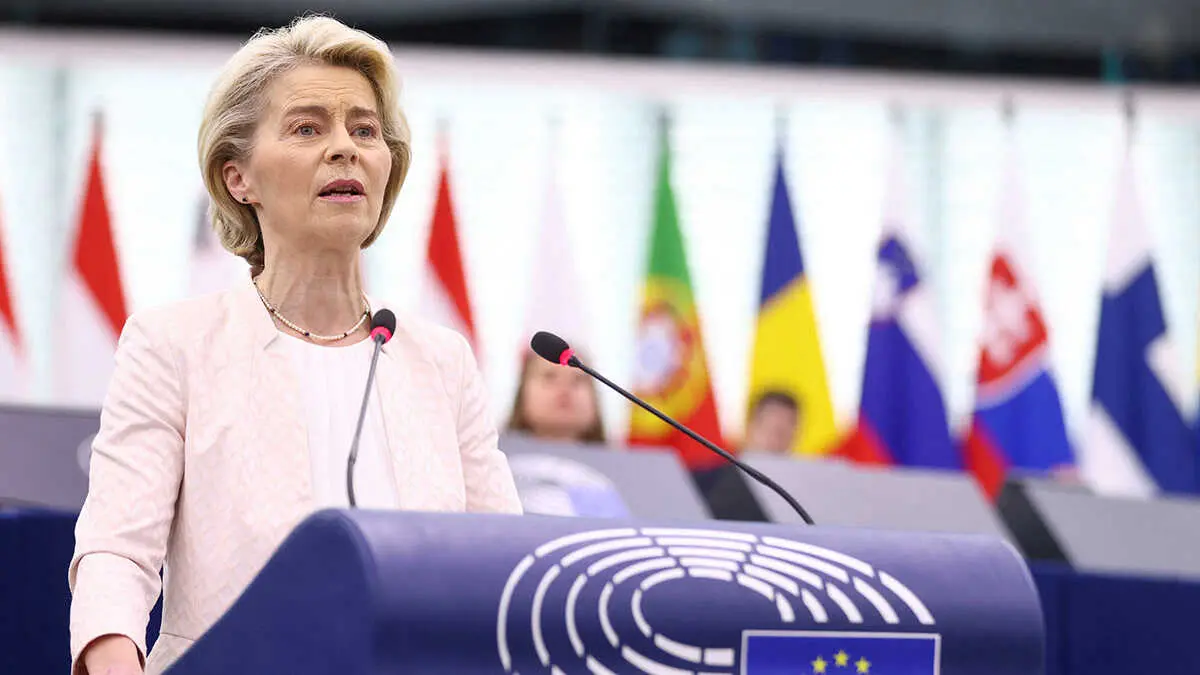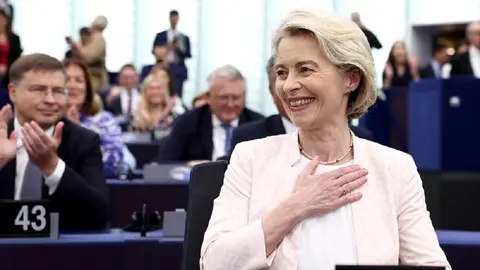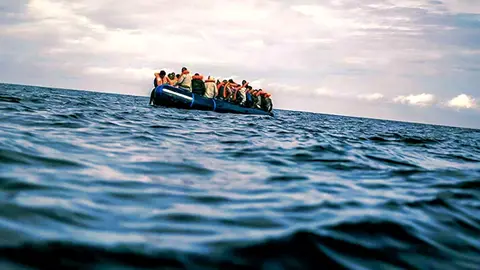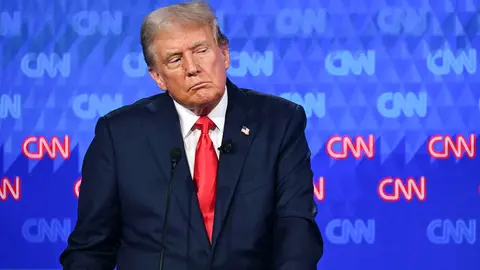More Europe, less Europe

During the second half of the post-Cold War period, Europe saw the decline of the United States as inevitable and formally sought to prepare for it. Driven by Germany and France, the EU sought trade and energy agreements with 'rival' global powers, including Russia and China. The idea was that as the US disengaged from Europe, the EU would step up. The reality is that European dependence on the US for technology, energy, capital and military protection constantly undermines any aspirations the EU might have for "strategic autonomy".
The idea that the continent would achieve 'strategic autonomy' has proven to be a contradiction that leads to a conceptual paradox. The term suggests a level of self-sufficiency and independence that seems increasingly unattainable in a globalised world. History attests that, since the First World War, the security of the European continent has depended, in one way or another, on the active intervention of the United States. However, this fact is "politically incorrect" among continental political elites and, blinded by old European pride, they still find it difficult to accept their dependence on external forces. But the expected, but not deterred, Russian invasion of Ukraine was consummated and everything changed. Europe found itself face to face with geopolitical reality: it was once again forced to seek the arms of Washington. There is war in Europe.
Perhaps the beginning of the admittedly "European decline" can be traced back to 2016 with the Brexit referendum and, later, the presidential election of Donald Trump. At that time, there was talk of a 'litmus test' of 'democracy', particularly as Europe had just experienced the Great Migration Crisis of 2015 and, of course, the Russian attack on Crimea in 2014, all while ISIS was active in the Middle East and in European cities.
The situation in Europe, especially the political one, has been a continuous back and forth since that turning point in 2014-2016. The populist wave has been up and down, but the last few years have shown that extremism has become a permanent feature of European politics. The 2024 European elections may mark a more profound turning point in European history than the election results suggest. On the one hand, they show definitively that there is no return to "normality" and that the liberal establishment that has managed Europeanism for decades has to admit that the era of obviating Euroscepticism may be coming to an end. More negotiations and concessions will have to be made to get laws passed and necessary measures implemented.
The question is: in the new social and political context can the rules envisaged for a different social and economic scenario be followed. Thus, the Commission has opened formal proceedings against several member states considered to be running deficits in their national budgets. The move follows a warning from the European Commission that deficits could soar to 7% of the economy after Brussels turned a blind eye for several years due to COVID-19. The warning was sent to Belgium, France, Italy, Hungary, Malta, Poland and Slovakia and agreed to continue a legal procedure that applies to Romania from 2020.
The move comes as France and Belgium, where public debt exceeds 100% of GDP, try to form governments from fragmented coalitions. France's Court of Auditors made public that the state of public finances was "alarming". A few days ago, the Commission criticised press freedom in Italy after Meloni filed lawsuits against certain journalists who criticised or mocked her, representing a new front in the war between Brussels and the right-wing government in Rome.
The European project is situated in a kind of middle ground where it is powerful enough to design European policy that can create tension and radicalisation, but at the same time it is too weak and too exposed to the collateral effects of domestic politics in its member states to function properly.
It is hard to see how Europe can escape this impasse, as its policy is fragmenting and its security is increasingly in doubt precisely because of its inadequacies in all other policy areas, not just defence. And this is without even considering Europe's future policy towards Ukraine, which is now in greater doubt than at any time since 2022, especially after France's National Rally (RN), Germany's AfD and other 'anti-war' parties did so well in these elections.
The insoluble contradiction is that Europe is not a strategic actor, but pretends to behave like one. The traditional August holidays mean that the month is likely to be sparse in terms of European political news. However, leaders will have a lot to do when they return to their capitals, as a series of elections and decisions will put even more pressure on the cross-party consensus in Brussels.




